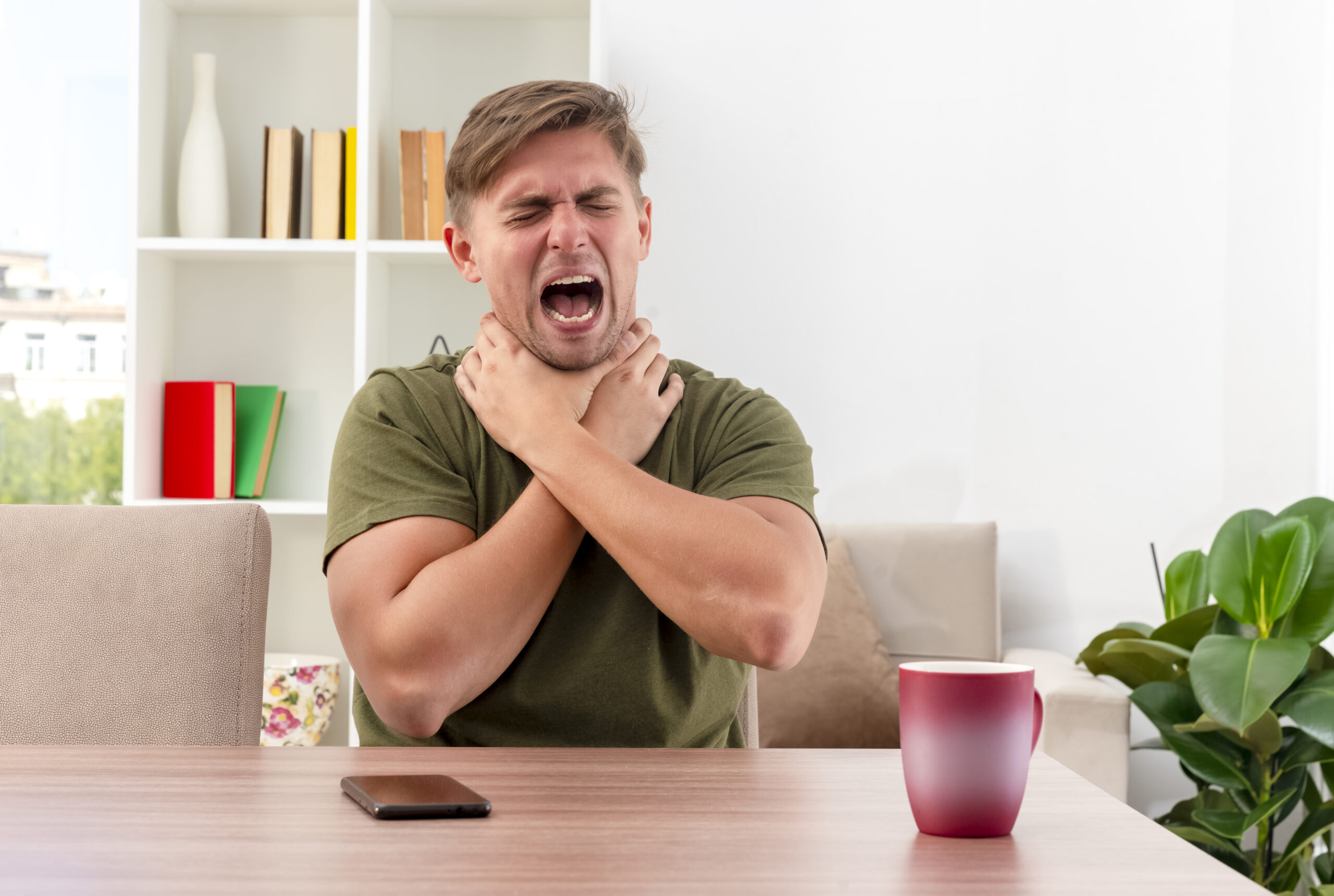Muscle cramps are a common experience for many people, often causing discomfort and pain. While physical factors like dehydration, overuse, or electrolyte imbalances are well-known culprits, stress can also play a significant role in triggering muscle cramps. Understanding the connection between stress and muscle cramps can help you identify the cause and implement effective strategies to manage them. This article explores the relationship between stress and muscle cramps, the symptoms to watch for, and actionable solutions to alleviate the discomfort.
Recognizing the Effects of Stress on the Body
The body’s natural reaction to difficult or dangerous circumstances is stress. While acute stress can be beneficial in small doses—preparing the body for action—chronic stress can lead to a range of physical and emotional problems. The body’s stress response involves the release of hormones like cortisol and adrenaline, which can have far-reaching effects on muscle function.
When stress becomes chronic, it can contribute to muscle cramps in several ways:
- Increased Muscle Tension: Stress often causes muscles to tighten as part of the body’s fight-or-flight response. Prolonged tension can lead to muscle fatigue and cramping.
- Reduced Blood Flow: Chronic stress can impair circulation, limiting the oxygen and nutrients muscles need to function properly.
- Electrolyte Imbalance: Stress may deplete essential minerals like magnesium and potassium, which are crucial for muscle relaxation.
- Disrupted Sleep Patterns: Poor sleep, often linked to stress, can hinder muscle recovery and exacerbate cramping.
- Behavioral Changes: Stress can lead to unhealthy habits like poor diet, reduced physical activity, or overuse of stimulants, all of which can contribute to cramps.
Symptoms of Stress-Related Muscle Cramps
Identifying whether your muscle cramps are stress-related involves observing specific patterns and accompanying symptoms. Here are some key indicators:
1. Location of Cramps
Stress-related cramps often occur in areas of the body that are prone to tension during stressful situations. Common locations include:
- Neck and shoulders
- Lower back
- Hands and forearms
- Calves and feet
2. Timing and Frequency
Stress-induced cramps may:
- Occur during or after stressful events
- Happen more frequently during periods of high emotional or mental strain
- Appear at night, especially if stress disrupts your sleep
3. Associated Symptoms
Stress-related cramps often accompany other signs of stress, such as:
- Headaches or migraines
- Fatigue
- Irritability or mood swings
- Difficulty concentrating
- Insomnia or restless sleep
- Digestive issues like bloating or upset stomach
4. Lack of Physical Causes
If you experience cramps without obvious physical triggers like dehydration, overexertion, or a poor diet, stress may be the underlying factor.
Differentiating Stress-Related Cramps from Other Causes
While stress can contribute to muscle cramps, other factors may also be at play. Here are some ways to distinguish stress-related cramps from those caused by physical issues:
1. Physical Activity
- Stress-Related: Cramps may occur even during rest or light activity.
- Physical Causes: Cramps often arise after intense exercise or prolonged physical exertion.
2. Hydration and Nutrition
- Stress-Related: Cramps persist despite adequate hydration and balanced nutrition.
- Physical Causes: Cramps improve with increased fluid intake or dietary adjustments.
3. Pattern and Triggers
- Stress-Related: Cramps correlate with periods of emotional or mental strain.
- Physical Causes: Cramps are more random or linked to specific physical activities.
Managing Stress-Related Muscle Cramps
If you suspect that stress is causing your muscle cramps, adopting strategies to manage stress and promote muscle relaxation can help. Here are some effective approaches:
1. Stress Reduction Techniques
- Mindfulness and Meditation: Practices like deep breathing, meditation, and mindfulness can reduce stress levels and muscle tension.
- Progressive Muscle Relaxation (PMR): This technique involves tensing and relaxing different muscle groups to relieve tension.
- Yoga and Stretching: Regular yoga or stretching sessions can improve flexibility, circulation, and stress resilience.
- Cognitive Behavioral Therapy (CBT): CBT can help you identify and manage stress triggers effectively.
2. Lifestyle Modifications
- Regular Exercise: Physical activity helps reduce stress and improve muscle function. Give special attention to low-impact activities like cycling, swimming, and walking.
- Healthy Diet: Ensure your diet includes magnesium-rich foods (e.g., spinach, almonds), potassium (e.g., bananas, sweet potatoes), and calcium (e.g., dairy products, leafy greens).
- Adequate Hydration: Drink plenty of water and consider electrolyte-enhanced beverages if needed.
- Sleep Hygiene: Establish a regular sleep routine to promote better rest and muscle recovery.
3. Physical Interventions
- Massage Therapy: Professional massages can increase circulation and relieve tense muscles.
- Heat and Cold Therapy: Applying heat packs or cold compresses to affected areas can reduce pain and inflammation.
- Foam Rolling: Using a foam roller can help release tight muscles and improve flexibility.
4. Professional Support
- Consult a healthcare provider if cramps persist or worsen despite self-care measures.
- A physical therapist can develop a personalized exercise program to address muscle tension.
- A nutritionist can help identify and correct any dietary deficiencies contributing to cramps.
Preventing Stress-Related Muscle Cramps
Prevention is key to minimizing the occurrence of stress-induced muscle cramps. Consider these proactive measures:
- Daily Relaxation Practices: Incorporate stress-relief activities like journaling, listening to music, or spending time in nature.
- Balanced Work-Life: Set boundaries to avoid burnout and allocate time for relaxation and hobbies.
- Posture Awareness: Maintain good posture during work and leisure activities to reduce unnecessary muscle strain.
- Frequent Breaks: Take regular breaks from prolonged sitting or repetitive tasks to stretch and move around.
When to Seek Medical Advice
While stress-related cramps are generally manageable, persistent or severe cramps may indicate an underlying medical condition. Consult a doctor if:
- Cramps occur frequently and disrupt daily life.
- You experience additional symptoms like muscle weakness, swelling, or numbness.
- Home remedies and lifestyle changes fail to improve the cramps.
- You suspect a medical condition like fibromyalgia, peripheral neuropathy, or electrolyte imbalance.
Conclusion
Stress can have a profound impact on the body, manifesting in various ways, including muscle cramps. By understanding the signs of stress-related cramps and implementing effective stress management techniques, you can reduce their frequency and severity. A combination of relaxation practices, lifestyle adjustments, and professional guidance can help you address the root cause and reclaim control over your physical well-being. If you suspect stress is causing your muscle cramps, take proactive steps to manage your stress and support your overall health.



